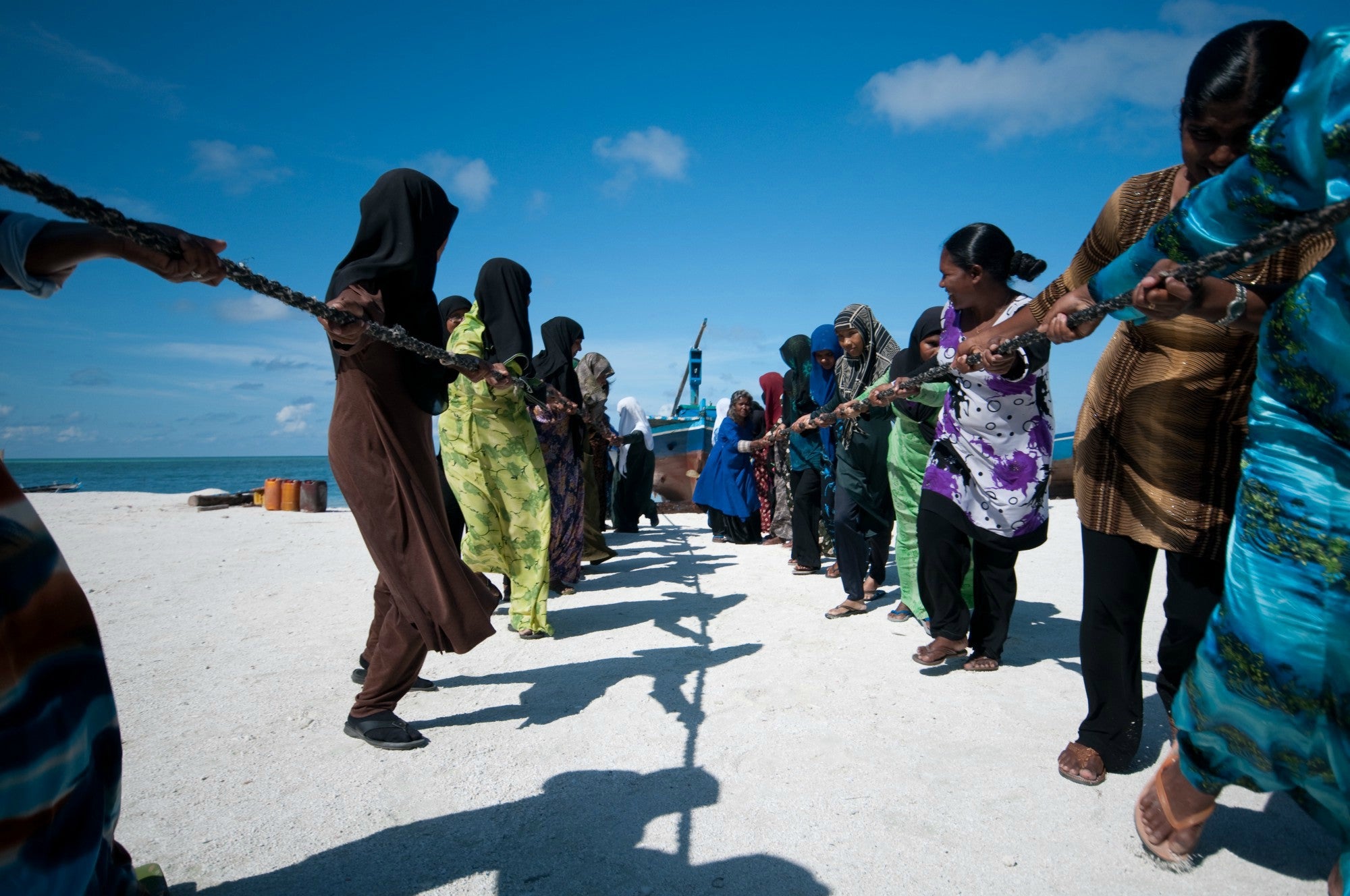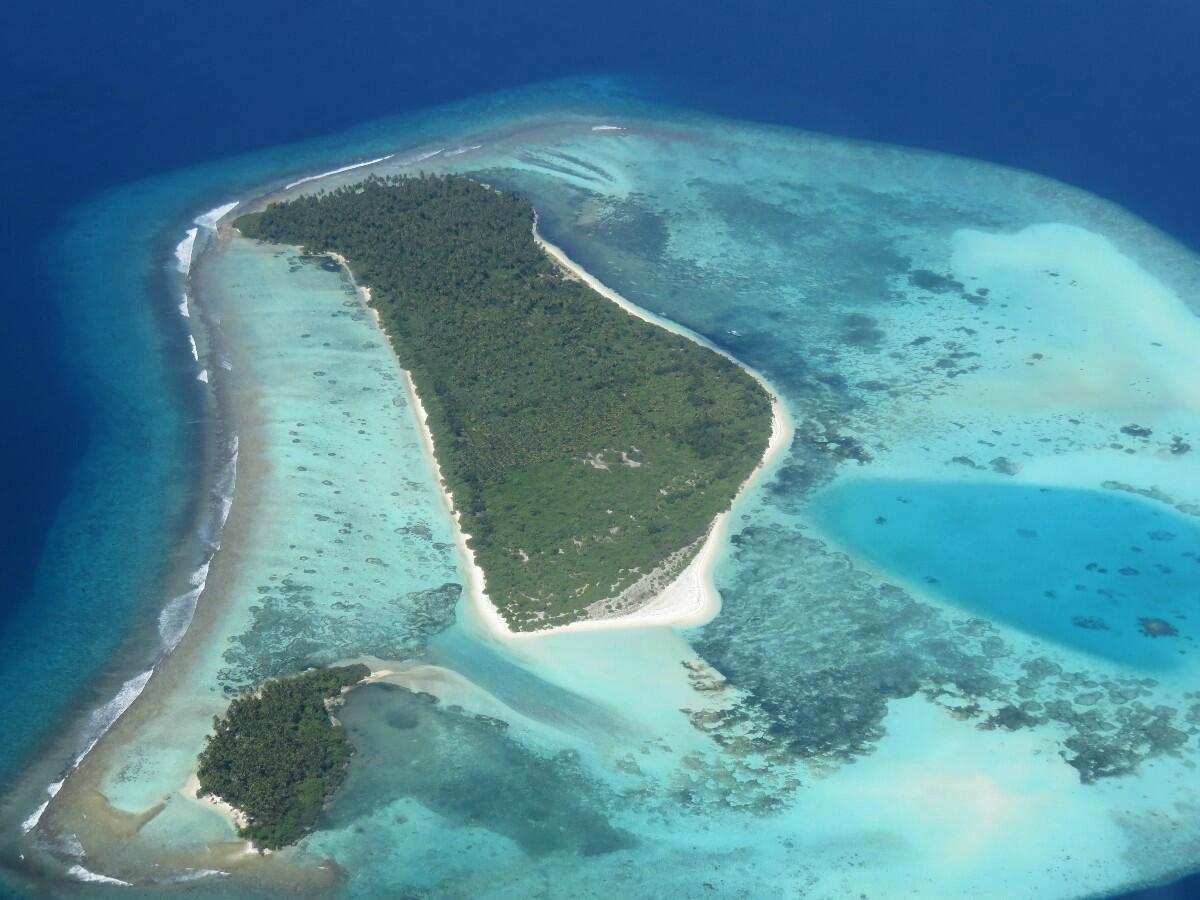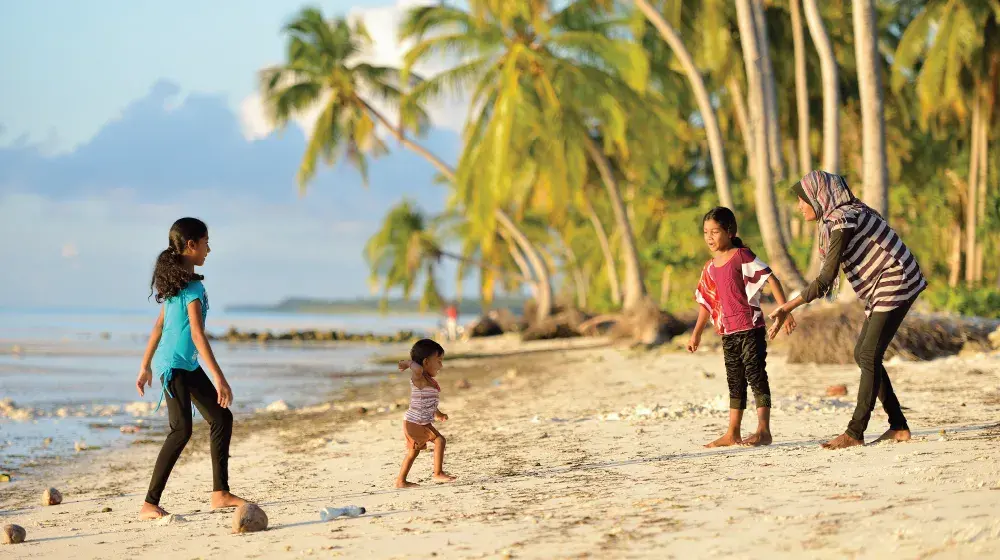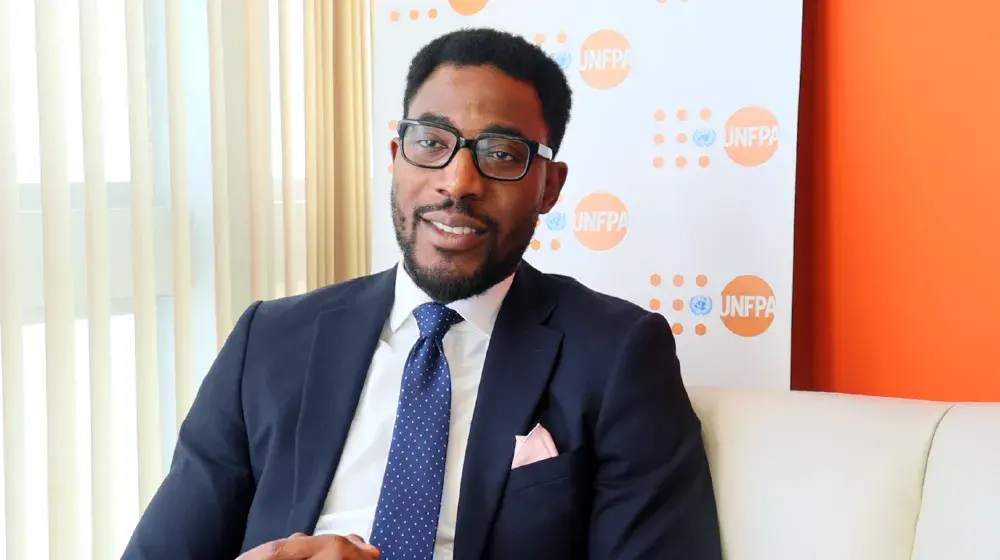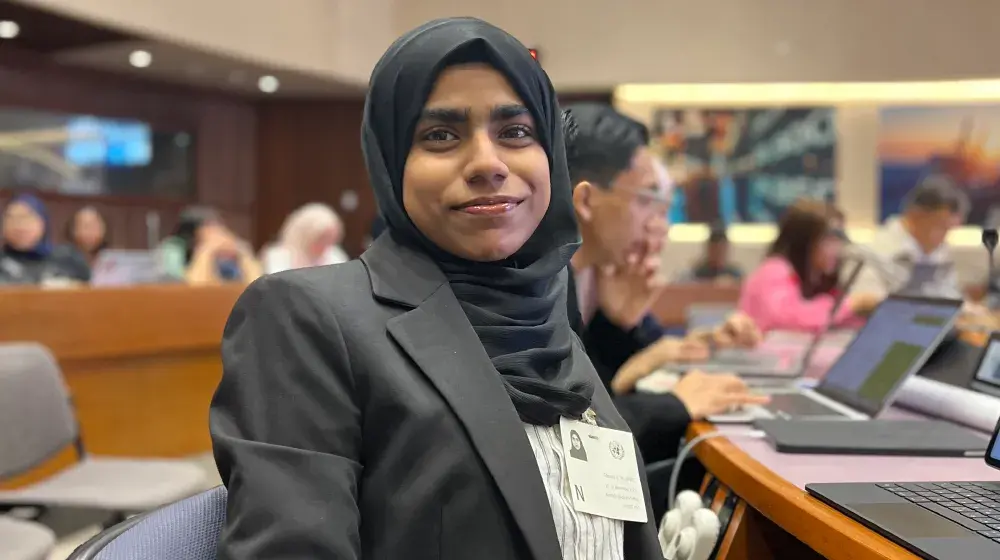In Maldives nearly 1/4th of population is between the ages 15 and 24 years.
This critical age group is crucial for the development of accurate knowledge and attitudes on reproductive health and life. Anecdotal evidence suggests that young people engage in sexual activities, and pregnancies occur out of wedlock, and this is occurring with increasing frequency.
Today, young people face a double burden when it comes to realizing their potential. Cultural stigma and impending threats of climate change act as barriers for access to services and knowledge about their reproductive health and rights.
During climate-related hazards, young people and women are most often at risk. Emergency health responses are inadequately prepared to address issues relating to their reproductive health needs, and this aspect of health is often sidelined.
Fundamental to the realization of and access to reproductive health in emergency situations is gender equality. Most often, inequality acts as a barrier to access sexual and reproductive health services, with risks increasing for young girls or women during emergency situations.
Thus, addressing young people’s basic reproductive health needs could be the game-changer in making communities’ more climate resilient.
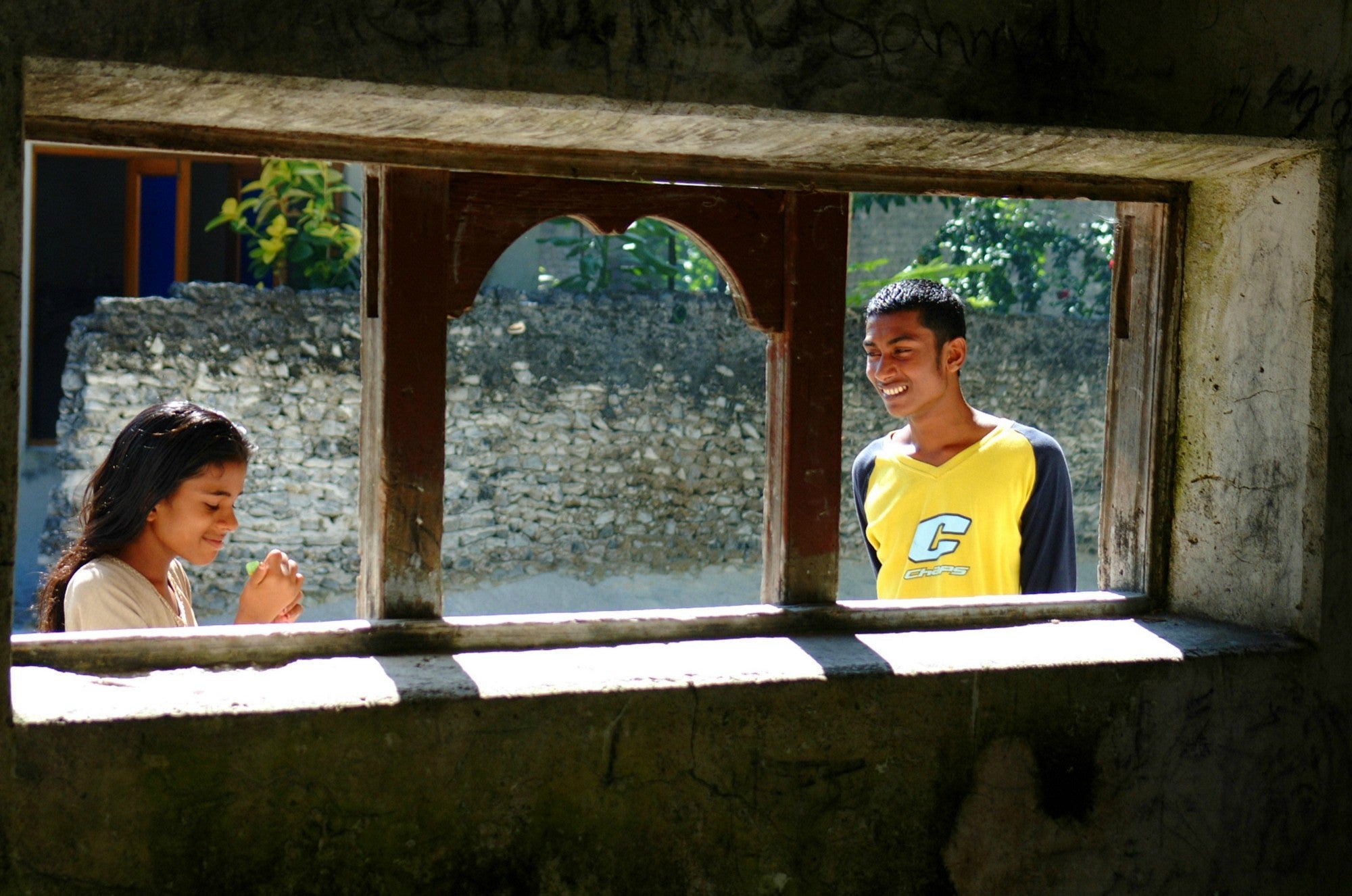
Data for Development
Planning for a resilient future requires finding solutions to strengthen data collection and management capacities, identify needs in the policy and governance environment at both local and national levels.
“Most island councils collate lots of data, but it is not used efficiently” explains Shazna, Lead Statistician at the National Bureau of Statistics in Maldives.
If policy makers and decision makers have an accurate understanding of the issues, then communities can become better equipped to deal with these issues.
The United Nations Population Fund (UNFPA) in Maldives is taking crucial steps to integrate new kinds of solutions for 21st-century population and development problems.
In 2016, UNFPA supported the National Bureau of Statistics (NBS) to create a data platform that would ensure improved quality and timely delivery of data for local and national planning.
Digitalizing Data
Updated information on the local population and resources is crucial for identifying vulnerable groups, anticipating resource demands and shortages, and effectively targeting assistance and engaging communities in recovery efforts.
Laamu Koshaaru, which translates to ‘Storage’ in Dhivehi, is the data entry platform created for Laamu atoll. The project was piloted for the Low Emission Carbon Resilient Development (LECReD) programme — a joint UN programme focusing on Laamu, Maldives’ largest atoll by land area and seventh-largest in population.
“The shift to digitalized data is a great technological advancement that provides accessible information that will lead to better and informed decision making for planning” says Mohammed Mahid Moosa , Consultant at UNFPA.
Laamu Koshaaru fills a vital gap between evidence-based data and climate resilient planning. It will be instrumental in overcoming the challenge of data availability and ensure quality data for national-level monitoring and statistical reporting.
Laamu and beyond
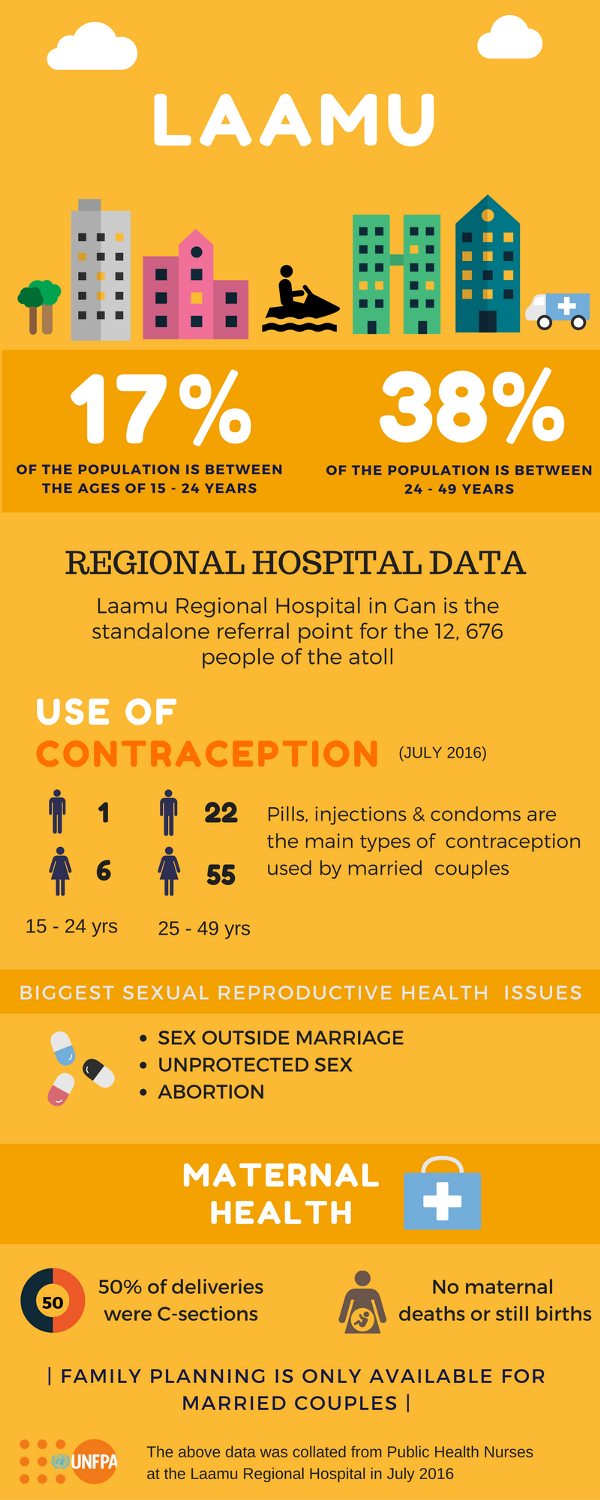
In Laamu, 17% of the total population is between the ages of 15–24 years.
With such a large demographic, the initiation of Laamu Koshaaru could not be more significant.
“Working with UNFPA has allowed the National Bureau of Statistics to attain valuable climate-related and other data, which has been lacking in the past” says Shazna.
Having a centralized data system means decision makers can make the right choices to address issues for young people and the rest of the population in Laamu.
This means that young people can expect to have better policies in place for their reproductive health, and allow them to better exercise their rights and fulfill their potential.
The lessons learned from Laamu will allow the NBS to strengthen their statistical system in order to replicate the process for the remaining nineteen atolls.
Currently, it is still in the planning stages but, Shazna remains hopeful that the pilot project in Laamu will set a benchmark for progress in other atolls.
“Information and resources are not easily shared among local councils. If we can overcome this and work together, we can achieve faster results” — expalins Mohammed Mahid Moosa , Consultant for UNFPA.
